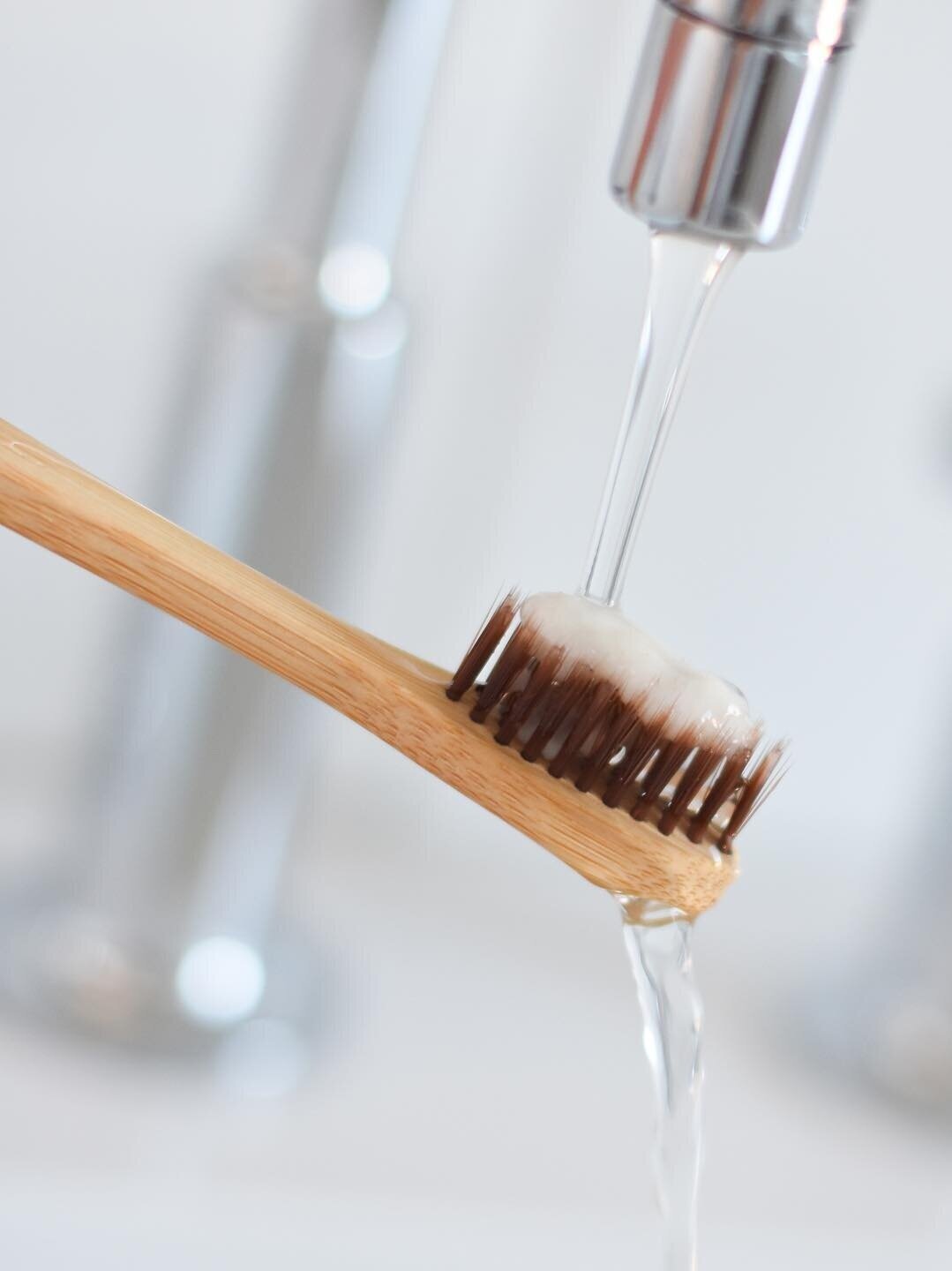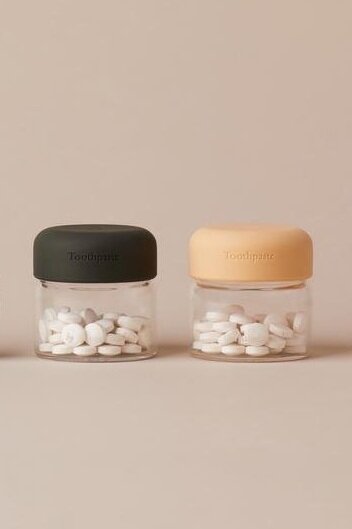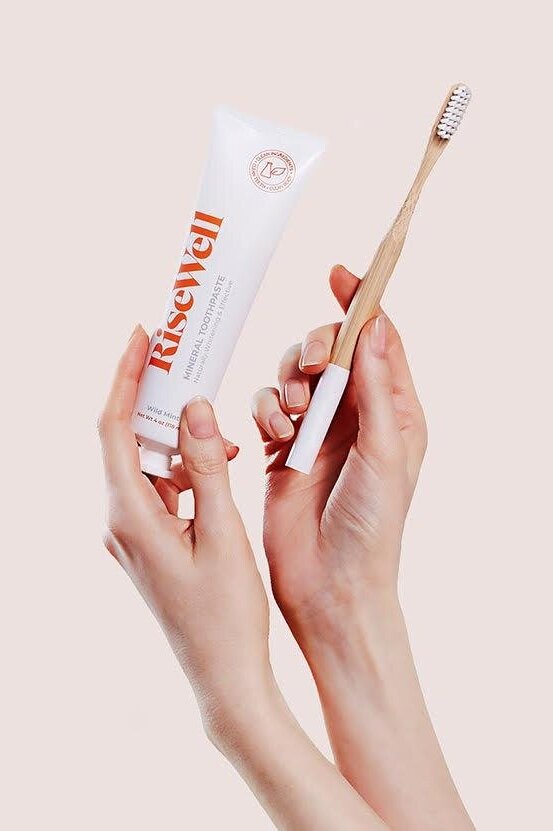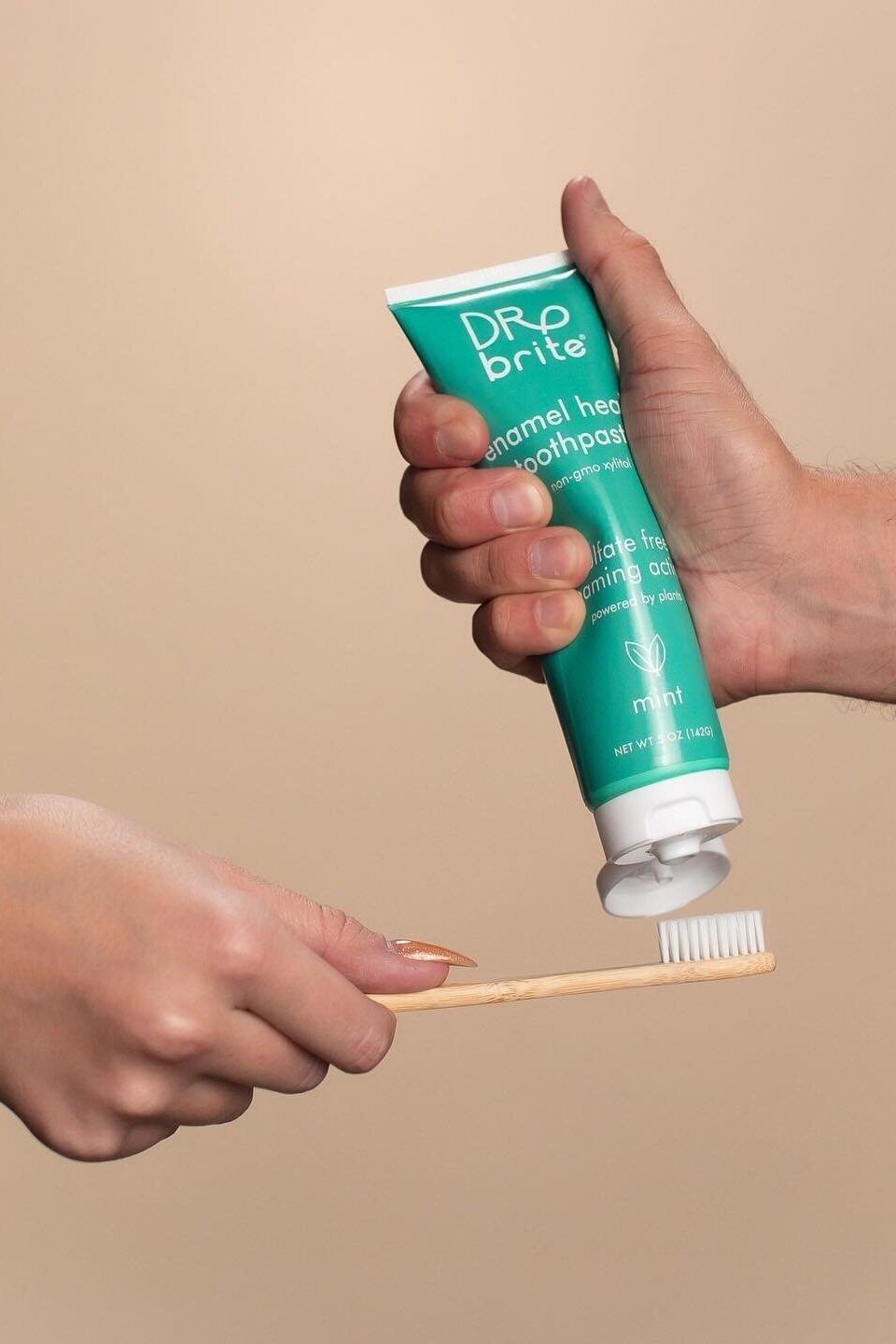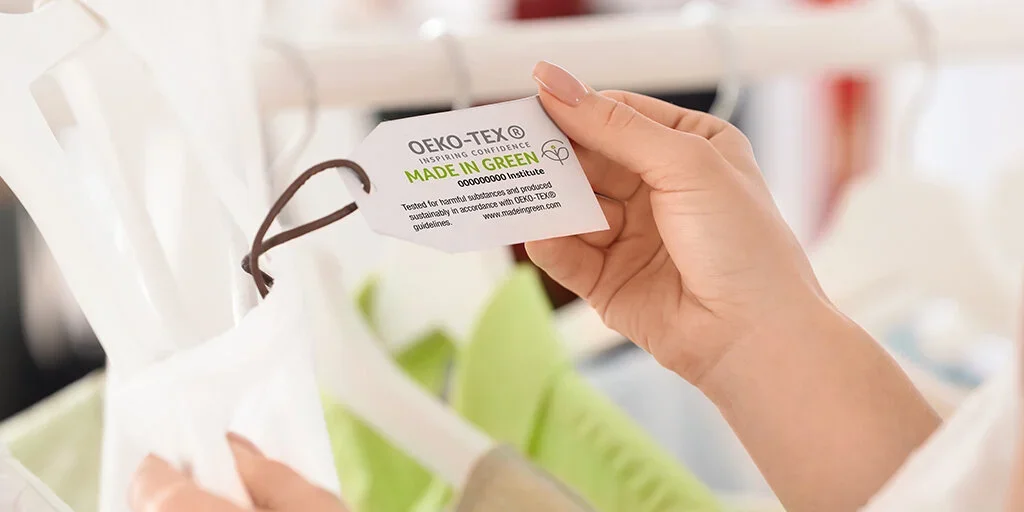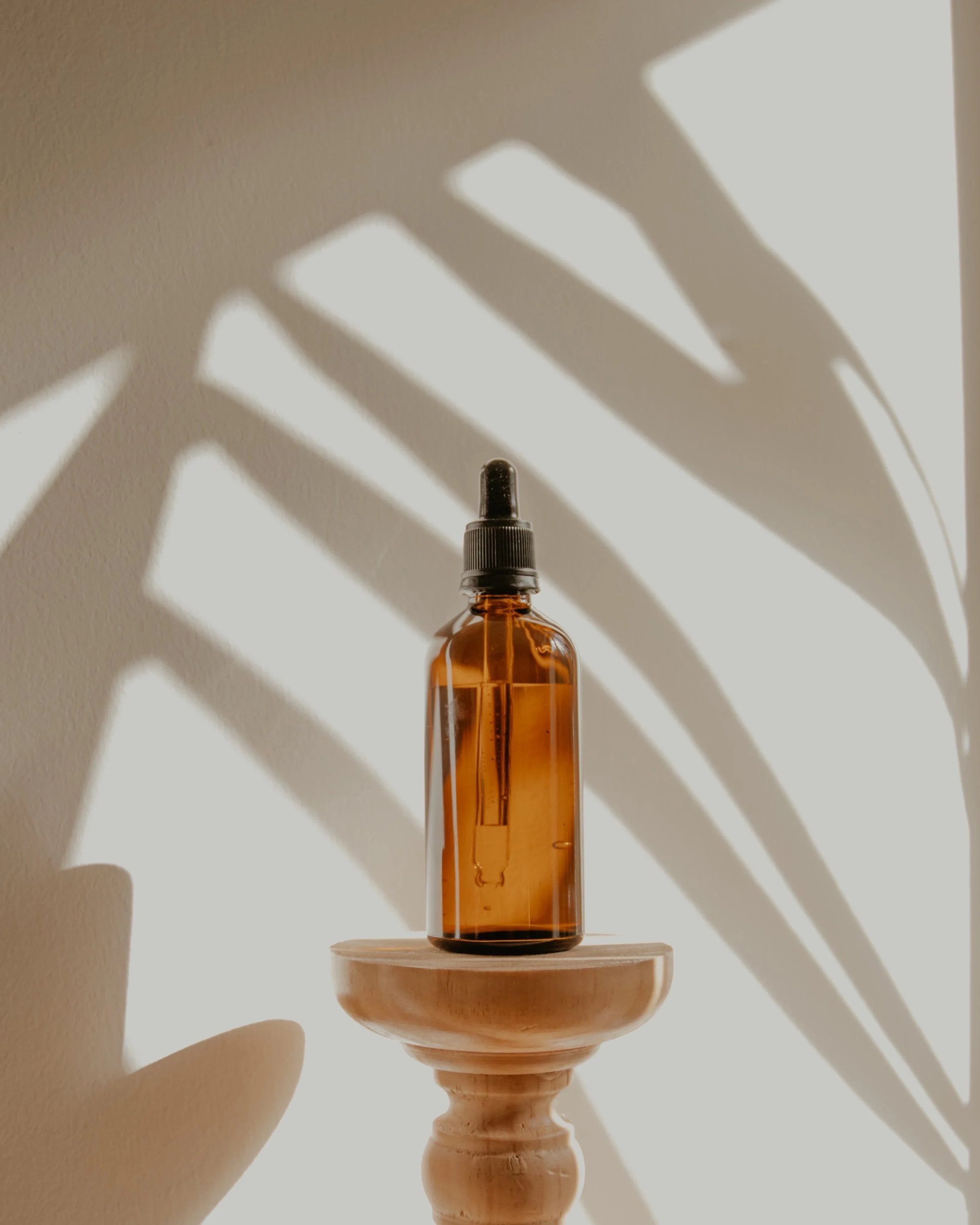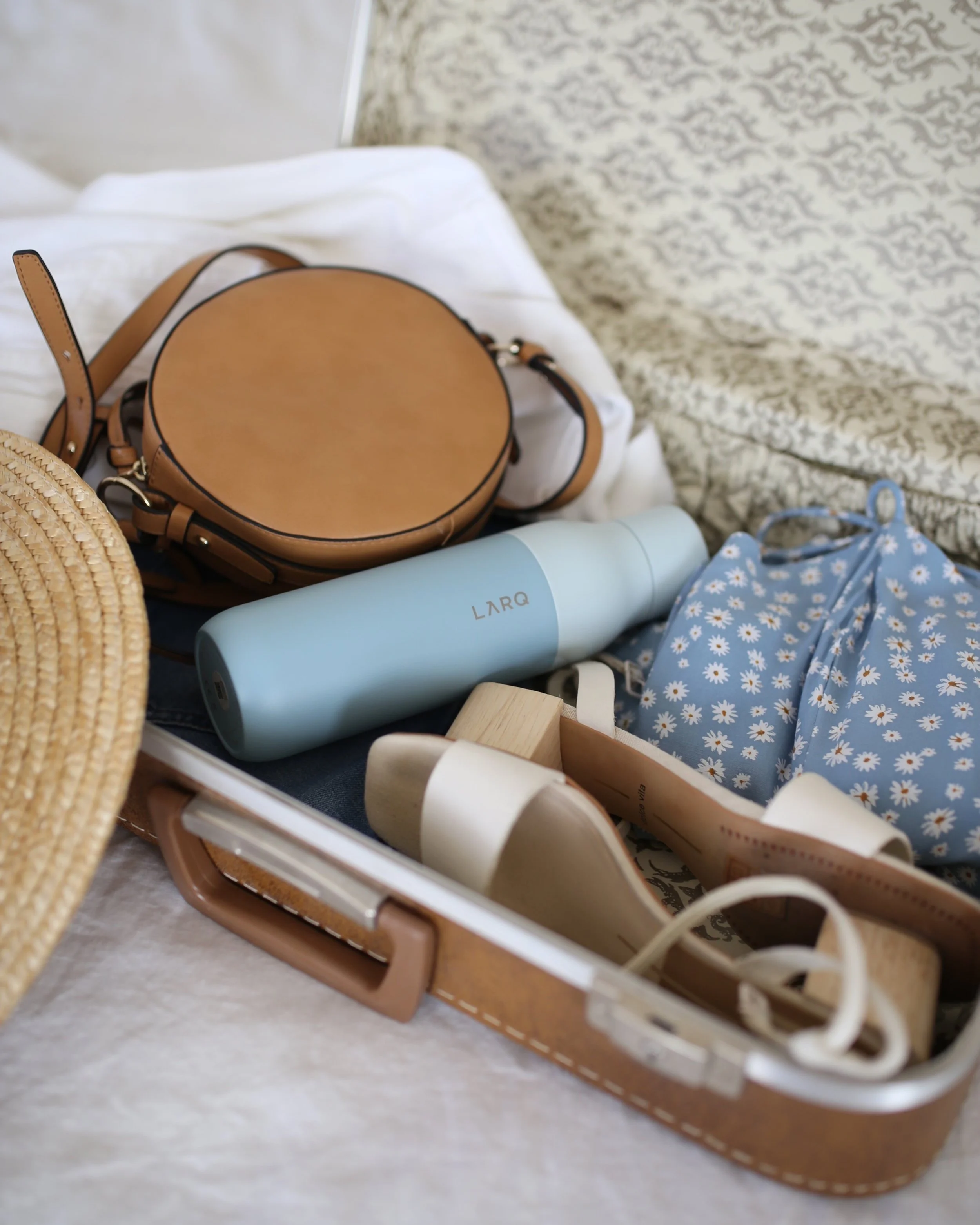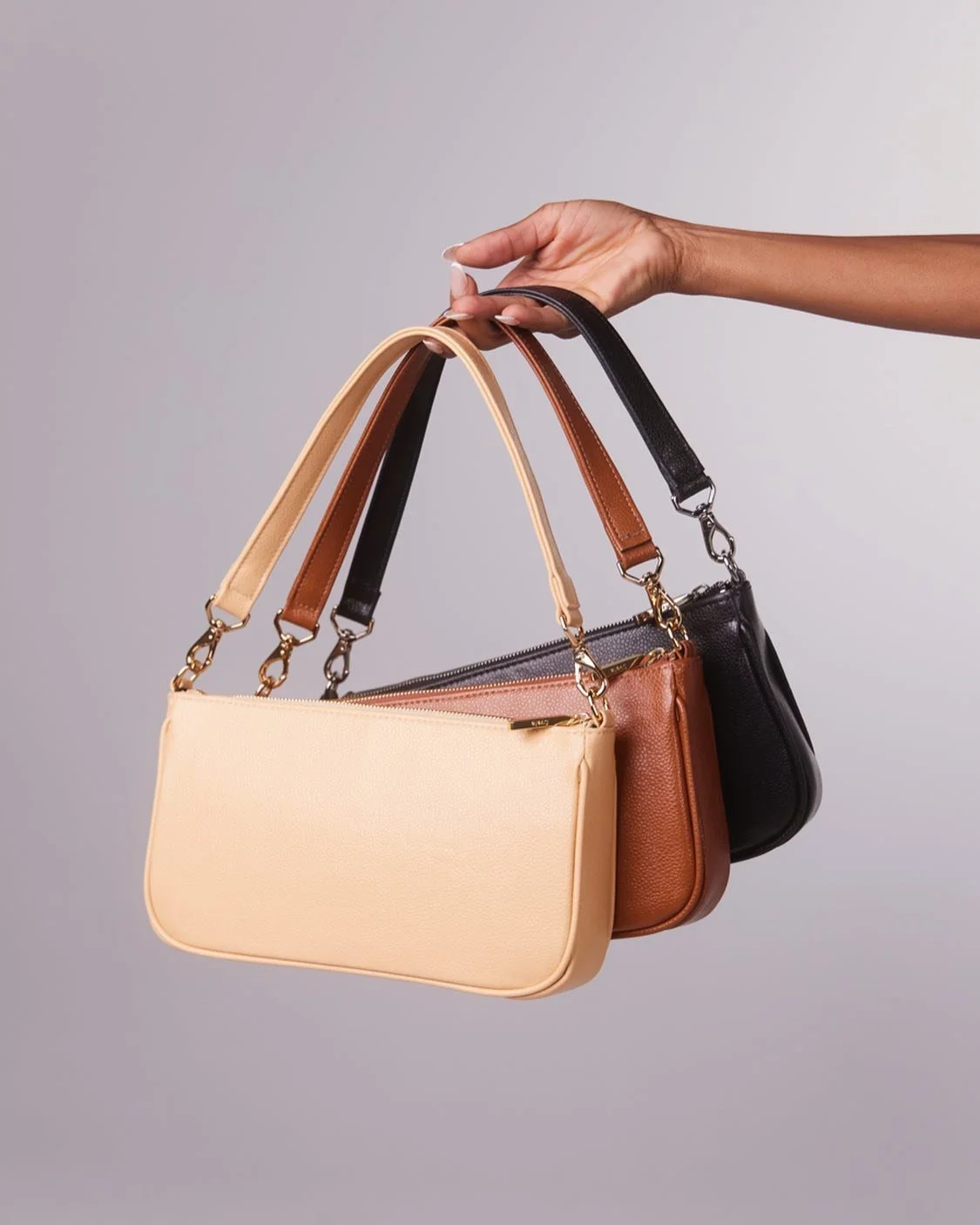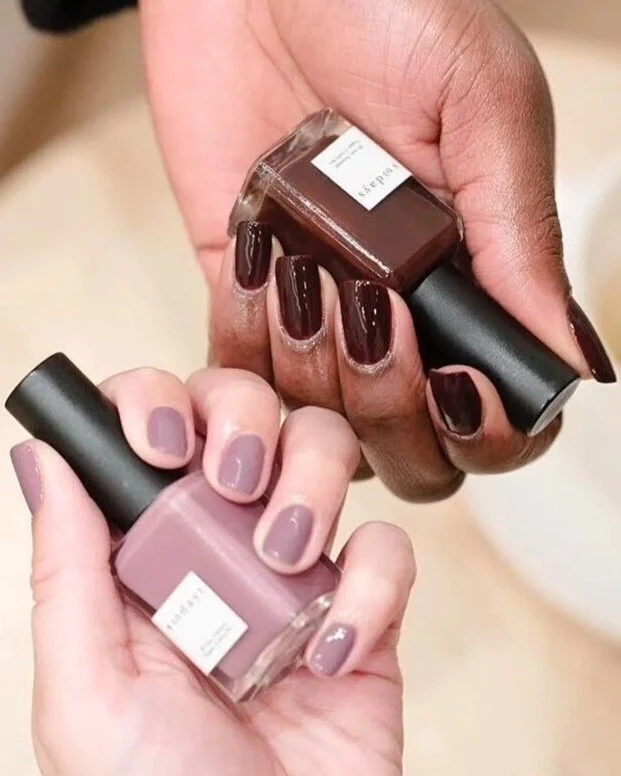What Toothpaste is the Best & Healthiest for You?
image from RiseWell
Disclosure: Some of the links below are affiliate links, we earn a small commission if you click through and make a purchase. We only add brands & products we truly believe in.
The Best Sustainable Toothpastes for Your Health
The impact of something as seemingly small as which toothpaste we choose is easily lost amongst the noise of life. Yet, different toothpastes might have vastly different impacts on our personal health, as well as on the environment we all share. So what kind of toothpaste is best, and which ingredients should we avoid?
There are plenty of ingredients in toothpaste, and we often don’t think about them much at all. Not only can toothpaste be tested on animals, some include ground up animal bone meal, glycerin from animal fat, and bee pollen. Toothpastes can even contain tiny pieces of plastic, and chemicals which wear down and hurt the inside of our mouths.
First, let’s look at what toothpaste ingredients (as well as those listed above) are worth avoiding, so that we can consider which toothpastes are better for us all, in an informed way. There are both harmful and ineffective toothpastes available today -- some chemical filled and some natural. We need to find a happy balance, with toothpaste which is healthy for our body and planet, while actually working to protect our teeth.
Which toothpaste ingredients are worth avoiding, for personal health?
SLS, or Sodium Lauryl Sulfate:
SLS is a foaming agent used in a lot of shampoos, toothpastes and other foamy personal care products. This ingredient is one that dentists widely agree should be avoided.
This is because SLS can cause canker sores, with studies showing that SLS irritates the soft tissue of the mouth by reducing its protective barrier, as well as by inflaming existing sores, and stopping them from healing.
Toothpaste doesn’t need to be foamy in order for it to be effective, so SLS is worth saying goodbye to!
Artificial Colorings:
Artificial colorings in toothpaste, with names that include ‘FD&C Green No. 3’, ‘D&C Yellow No. 10’, and FD&C Blue No. 1’ are reportedly cytotoxic, meaning that they can ‘kill good cells’, according to renowned dentist, Dr Maddahi.
Typically, there are over 70 different types of bacteria in your mouth at one time, and these mostly occur naturally, without causing any harm. Just some bacteria are considered ‘bad’, contributing to dental decay and gum disease. Stripping back your mouth to a point where nothing can live is not a good thing.
What’s more, these colorings are synthetically produced. FD&C Blue No.1 for example is produced from petroleum, according to The Environmental Working Group. There is some suggestion that such synthetic food dyes can cause a host of different health issues, and there’s no need for toothpaste to be colored for it to work. Best to avoid.
Chemical Preservatives:
Similar to artificial colorings, chemical preservatives like sodium benzoate, methyl paraben, and ethyl paraben can reportedly by cytotoxic, impacting oral health. For the same reasons as listed above, these could be worth avoiding for your health.
Which toothpaste ingredients are worth avoiding, for both personal and planetary health?
It’s not only how your toothpaste is packaged -- whether in a recyclable tube, or in a glass jar (hello, toothpaste tablets) -- but what is in your toothpaste, that can impact the planet. When our environment is harmed, we are, too. So what ingredients are worth avoiding, for the planet?
While banned in some areas, microbeads are still in many toothpastes. Restrictions around the use of microbeads are less stringent than they seem, with many Governments simply supporting a voluntary phase out period.
But what are microbeads? These are tiny, manufactured plastic particles that are under 5mm in diameter. These microbeads don’t biodegrade or dissolve in water, yet they are found in some toothpastes, exfoliates and other personal care items. When washed down our drains, these microbeads are eaten by birds, fish and other marine creatures, harming them all.
In the case of toothpaste, microbeads -- and other kinds of plastic polymers -- are used for abrasion, though they’re not needed for this. Baking soda is commonly used in toothpaste for this same purpose, and is largely used to a safe degree -- because too much abrasion is not a good thing!
So what toothpastes are good, full of ingredients that are not only non-harmful, but beneficial?
Of course, we’re not only looking to avoid harm to our teeth when we brush them, but to actually help keep them healthy. Below are some great toothpastes which are not tested on animals, which are free from animal-derived ingredients, microbeads, SLS, and other noted harmful substances, like artificial colorings.
As much as possible, we’ve kept environmentally friendly dental packaging in mind, but we also need to prioritise toothpaste that is actually beneficial to dental health -- and many more eco-friendly toothpastes haven’t yet been proven to be so good. In many places, you can’t recycle toothpaste packaging through your curbside bin, but you can through specialist recycling programs, like TerraCycle, where you send off your tubes in the mail. Too, more and more brands are starting to introduce more easily recyclable, and even recycled packaging.
Our Top Picks for Eco-Friendly, Sustainable Toothpastes:
1) by Humankind
This brand is a favorite of the creator of Sustainably Chic Natalie. She loves that the toothpaste tablets are made with safe, natural ingredients, and there is NO single-use plastic involved! Just crush them in your mouth and start brushing. This zero-waste toothpaste offers refills that ship with a compostable pouch made from kraft paper and a sugar-based lining. By Humankind also offsets 100% of their carbon footprint by investing in strategic forest preservation projects.
2) Dr Bronner’s All-One Toothpaste
This toothpaste comes in a recyclable box and tube, and is free from synthetic detergents and foaming agents, as well as from artificial colors, flavors, preservatives and sweeteners.
It’s made up of 70% certified organic ingredients, and many certified fair trade ingredients, like coconut oil, aloe leaf juice, baking soda, and xanthan gum.
3) Hello
With both fluoride and fluoride free options, Hello toothpastes also include ‘sustainably sourced’ ingredients like white turmeric, coconut-based glycerin, sorbitol, hemp seed oil, hydrated silica, calcium, aloe vera and more.
Hello toothpastes never include SLS, animal testing or animal-derived ingredients, triclosan, peroxide, and artificial dyes. They also offer tablet toothpaste!
4) BOKA
This toothpaste is free from artificial flavors and colours, parabens, and SLS.
The key ingredient that makes this toothpaste unique and effective is called nano-hydroxyapatite.
This ingredient ‘has remarkable remineralizing effects on initial lesions of enamel’. This cruelty-free toothpaste is science-based.
5) Risewell
Another scientifically backed toothpaste that makes use of hydroxyapatite for the purpose of enamel protection and remineralisation, is RiseWell. Like all of these other more health-conscious toothpastes, RiseWell is free from SLS, artificial colors and flavors, as well as Propylene glycol and other cheap ingredients. RiseWell notes that too often, toothpaste brands seeking to move away from the ‘norm’ remove ‘bad’ ingredients, but don’t replace them with anything effective. They’re working to change this.
6) Attitude
ATTITUDE® - an EWG-approved brand - has been on a mission to reduce its use of disposable packaging. Therefore, when it came to their toothpaste, they wanted to avoid unnecessary packaging and use biodegradable packaging tubes that don’t come in a box.
Find fluoride-free toothpaste, and toothpaste for kids! All are vegan, and paraben/alcohol-free.
7) Tom’s of Maine
This brand has a page on their website dedicated to their stewardship model, which outlines the ways in which they ensure that their company doesn’t cause harm to the planet or those on it.
Such efforts include focussing on more sustainable packaging, ensuring no animal testing, being mostly vegan, and sourcing ingredients which are natural, sustainable, & free from harm to people or the planet.
8) Dr. Brite
The toothpaste made by this company is Environmental Working Group certified as a safe toothpaste, which is also safe to swallow -- isn’t it wild that some toothpastes aren’t?! Using aloe vera juice, coconut oil, calcium carbonate, tea tree leaf oil and other ingredients, this toothpaste is vegan, cruelty-free, and free from artificial flavors and colors, from SLS, phthalate, parabens and sulfates. With toothpaste options for kids, those wanting extra whitening, & who need extra sensitive paste, this brand has a solid range.
9) Kiss My Face
‘Cruelty free and clean since 1983’, this brand has both fluoride and non-fluoride options, with all their pastes being free from SLS, parabens and phthalates.
You can find different toothpastes for your preference like Super White, Triple Action and Sensitive. They also have a berry toothpaste for kids! The majority of their products are vegan, too.
About the Author
Emma Håkansson is the founder and director of Collective Fashion Justice which seeks to create a total ethics fashion system that prioritizes the life and wellbeing of non-human & human animals, as well as the planet, before profit & production. She has written countless articles on ethics, sustainability, and fashion, and has two books due out over the next two years.
MAKE SURE TO PIN THE PHOTO BELOW TO SAVE THIS POST FOR LATER!
Want more? VISIT OUR
sustainable
brand directory!
Our Brand Directory is home to hundreds of sustainable brands, from makeup to cleaning supplies, from underwear to shoes. We have broken everything down by category for easy shopping, along with discount codes unique to Sustainably Chic viewers.

